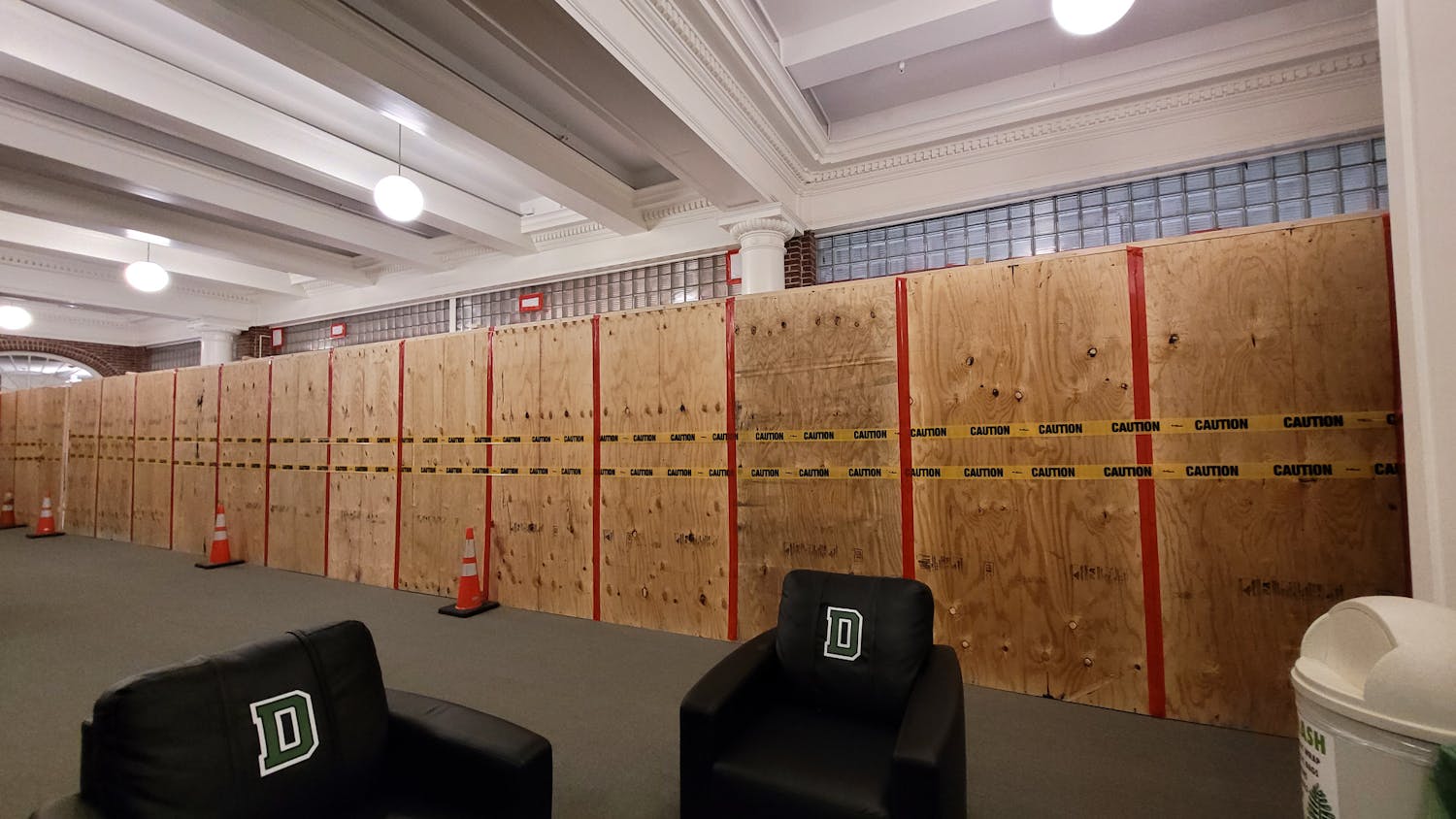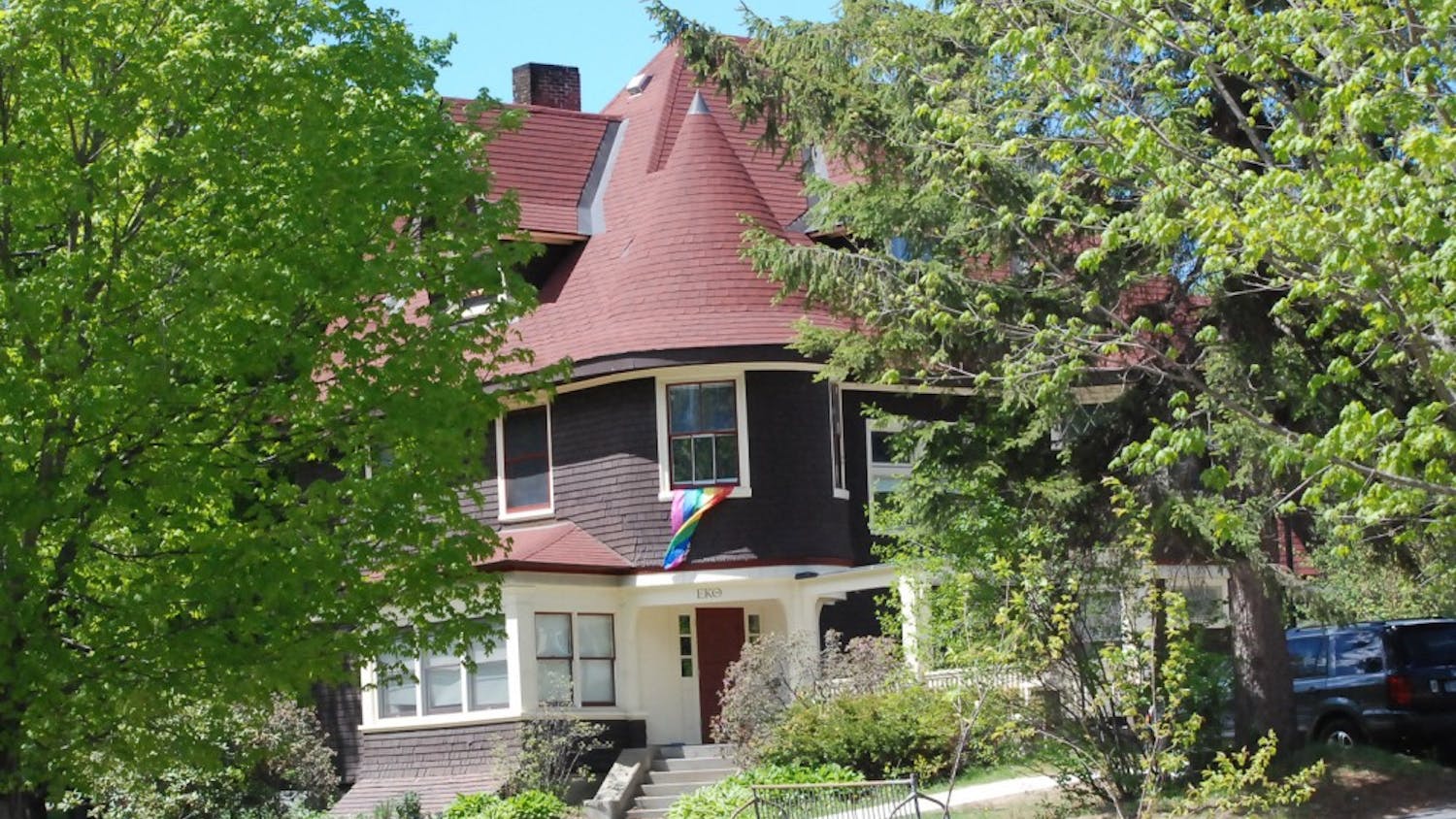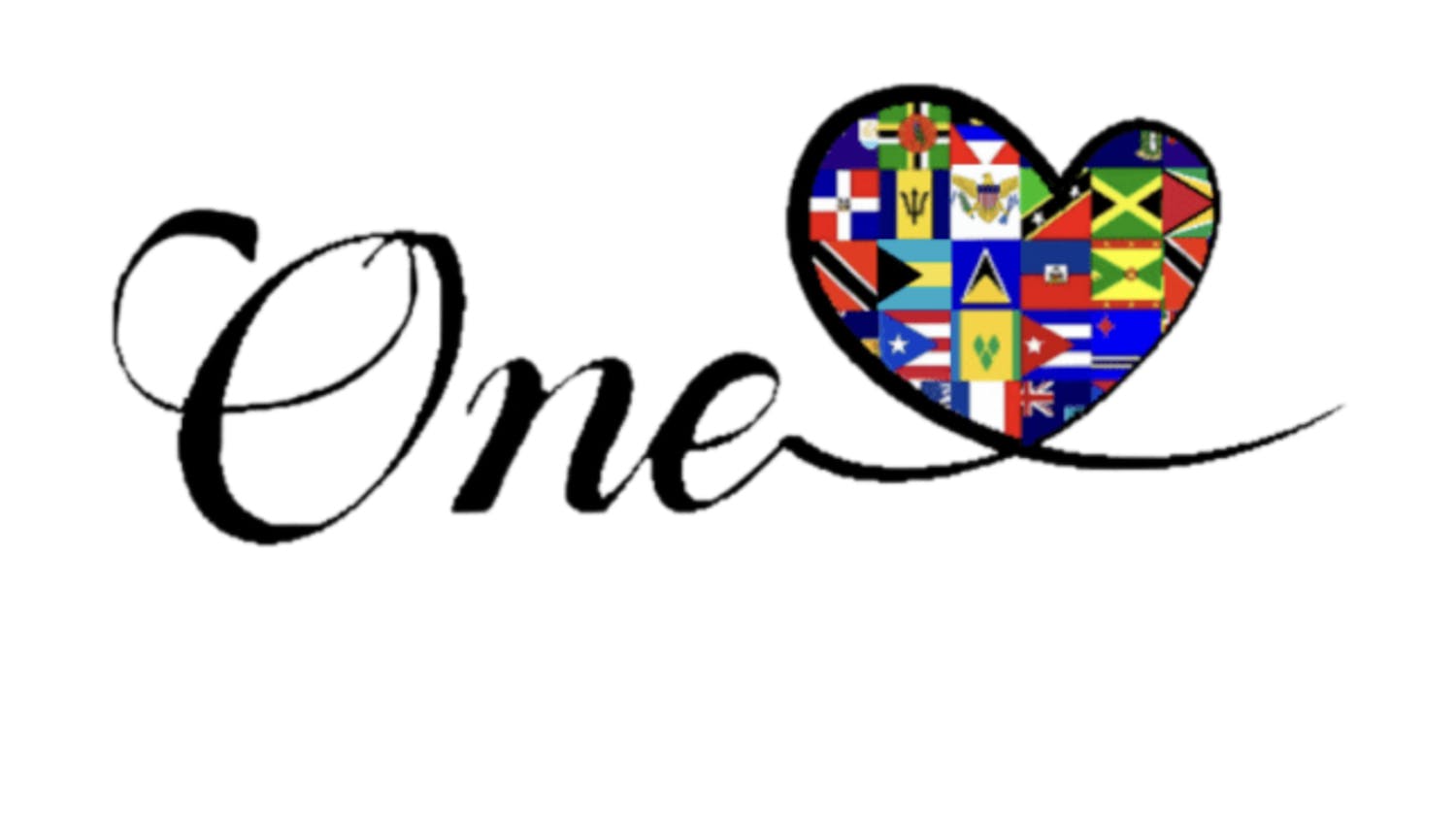Last week marked the beginning of a series of events celebrating Martin Luther King Jr.’s life and accomplishments. The programming, which will continue until Feb. 1, featured a keynote address by guest speaker Rohina Malik, a multi-faith celebration with Rev. Leah Daughtry ’84, a documentary screening and discussion hosted by the Geisel School of Medicine, a faculty celebration breakfast, the 2016 Student Forum on Global Learning and the 24th Annual Martin Luther King Jr. Candlelight Vigil Procession.
The theme of this year’s celebrations is “Develop a World Perspective.”
The theme is drawn from a speech in which King said, “If we are to have peace on earth, our loyalties must become ecumenical rather than sectional. Our loyalties must transcend our race, our tribe, our class and our nation; and this means we must develop a world perspective.”
Keynote speaker Malik, a playwright, actress and solo performance artist, was welcomed on stage last night with thunderous applause. She performed her own play divided into five segments, taking on the identity of a different Muslim woman for each one.
Monday evening’s keynote address opened with an introduction by mistress of ceremony Kristina Williams ’16, who introduced College President Phil Hanlon. Hanlon’s remarks made connections between this presentation and the MLK celebrations as a whole.
“Diversity is an opportunity to be seized, not an obligation to be met,” Hanlon said.
Williams then retook the microphone and spoke about problems with discrimination on the College’s campus, generating a strong response from the audience.
In the first segment, Malik was a Pakistani woman living in America who explained her story of a confrontation with a racist man at her friend’s wedding. In the second segment, Malik changed into a blazer as she took on the role of a Moroccan lawyer speaking to a client about her personal experience with death and the justice system. In this segment, Malik’s character married someone who had converted to Islam. Her husband dies at the hands of a group of thugs and rapists.
“Silence is sometimes a crime,” Malik’s character said. “Never say ‘Why me?’, instead ask ‘What for?’ You have to speak — your words, they have power.”
Malik then portrayed a black woman who experienced the community’s fear of the hijab. The pressure of people’s attitudes toward her veil made her take off her hijab, which the character regretted and saw as a violation of her Constitutional rights.
“We are all Americans, and we have to protect each other,” Malik’s character said. “Today it’s my rights, tomorrow, it could be yours.”
Malik started the fourth segment with a rap on diversity and acceptance. This scene incorporated elements of hip hop as Malik’s character explained that the heart of hip hop is getting people to discover what they represent. In the scene, hip hop makes her character realize that she represents Islam. Her decision to start wearing a hijab is met with fierce opposition from her mother, whom she stands up to.
“The obsession with white skin is a global problem,” Malik’s character said. “People keep talking about veils and oppression, but I know what real oppression is, and it’s called racism.”
In the fifth and final segment, Malik spoke directly to the events of 9/11 as she portrayed a Muslim woman whose brother was killed in the bombings. As her character picks her children up from school because of a mob, she sees her friend getting assaulted by a mob member. Malik’s character stands up to the man.
“You see, I wear a veil on my head, but my heart is uncovered,” Malik’s character said.
Evelynn Ellis, vice president of the Office of Institutional Diversity and Equity, said that planning for this year’s MLK celebrations started three weeks after the end of last year’s events. The MLK committee in charge of planning is representative of people and organizations across campus, she said.
“What you have to do is, quickly, while it’s still in your head, debrief what went right, what went wrong, what did the audience really take to, what did they not take to,” Ellis said.
As IDE leads the planning for MLK celebrations, Ellis found the keynote speaker, she said.
In April, Ellis attended a Muslim Student Association celebration where she met Malik for the first time and sat through Malik’s presentation “with her mouth open,” she said.
“I said to myself then, ‘I have my speaker,’” Ellis said.
Following Malik’s performance was a question and answer session, facilitated by Ellis.
Malik said that the motivation for writing the play came from a visit to her mother’s house when her mother had guests over. During this visit, Malik realized that everyone present had a personal story related to discrimination and racism.
The play aims to show the range of a Muslim woman and demonstrate how she can be a lawyer or a rapper or anything she wants, Malik said.
Malik also spoke about the importance of her play in the context of Dartmouth’s campus and students’ education about diversity.
“You were not created to just make money and pay bills,” Malik said. “There’s more to your life than that.”
Malik encouraged students to use their Ivy League education to do something that “makes this planet better,” she said.
Audience members reacted positively to the performance.
“I think [Malik] really illustrated the power of theater and art and the impact that a single individual can have,” Kelleen Moriarty ’19 said.
Clara Batchelder ’19 said that she thought the performance brought hope and inspired change.
“Coming at a time where there’s a lot of really hateful anti-refugee rhetoric, especially against Muslims and the Muslim community, I thought that it was so relevant to have something like this,” Mariko Whitenack ’17 said.
The MLK Celebrations are meant to be a celebration, not a memorial, Ellis said.
“We do always want it to be a celebration of King’s life, but [it] isn’t just a celebration of King’s life,” Ellis said. “Thousands and thousands of people are ‘King’; they were part of that civil rights movement, part of what continues to be a civil rights and social justice movement — so when we celebrate his birthday, we’re celebrating other people too.”
Ellis said that other than simply being a celebration, the MLK events are also about learning, especially from the likes of Malik and Daughtry.
“My goal always is, when I am going to meet people, I don’t want to be the same person I was before I met them,” Ellis said.“What you do is, you take some of what they bring, their experiences, their knowledge, their wisdom, and make it part of you.”
On Friday, Daughtry delivered a lecture called “Words and Their Consequences: Civil Discourse in 21st Century.”
Jasmine Lee ’19 said that she left the lecture very inspired and moved. Lee said she was most profoundly impacted by Daughtry when she said that our culture has come to confuse respect with tolerance.
“I think her speech was a really great way to highlight the importance of communication between people, and a common attitude of respect we should have for each other when discussing sensitive topics,” Lee said.
One of the first events of the series was a film screening and discussion event about the film “American Denial” (2015), held at Geisel on Thursday.
Shawn O’Leary, director of multicultural affairs at Geisel, said that the aim of the event was to explore issues of race in America and talk about race in medicine.
“Our celebration was initially started 10 years ago, in the hopes that we could offer something specific to folks who are being trained to be the next generation of medical providers,” O’Leary said.
O’Leary said he hoped in the future to have more voices join in both attending and planning future MLK events.
“The end goal of all of our work is that we’re not sitting here, at an elite institution, and patting ourselves on the back and saying,‘What a great job we’ve done here,’” O’Leary said. “The purpose is to make meaningful change, and engage people to actually make a difference in the community we’re talking about.”
Geisel will be hosting two more MLK events over the next two Thursdays, a Jan. 1 keynote speech and an interactive panel on Jan.28.
Other events in the MLK series that will be held in the next few days include a faculty panel by professors teaching the Black Lives Matter course and a student performance showcase called “Lifted.”
Sonia is a junior from Ottawa, Canada. (That is the mysterious Canadian capital that no one seems to ever have heard of.) She is a double major in Economics and Government, with a minor in French. She decided to join The D’s news team in her freshman fall because of her love of writing, talking to people, getting the most up-to-date news on campus, and having a large community of fellow students to share these interests with.



